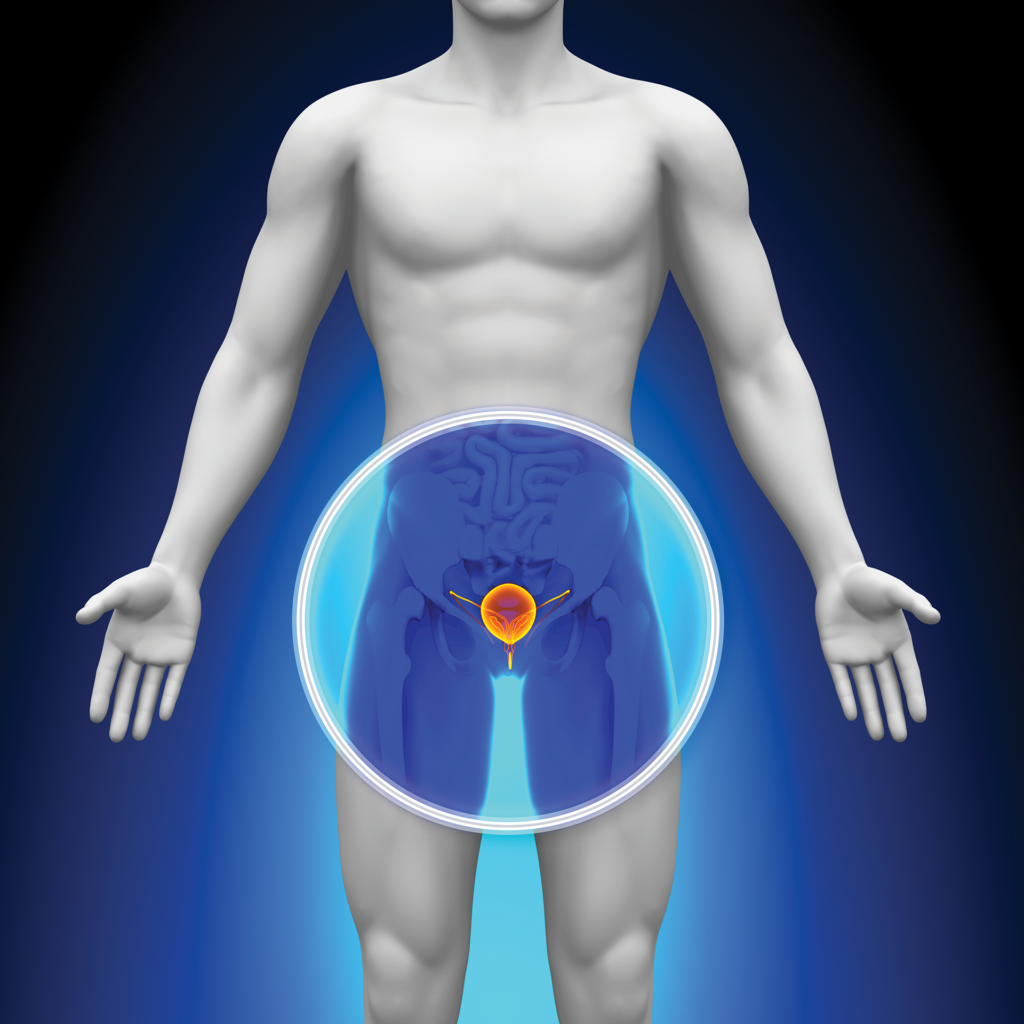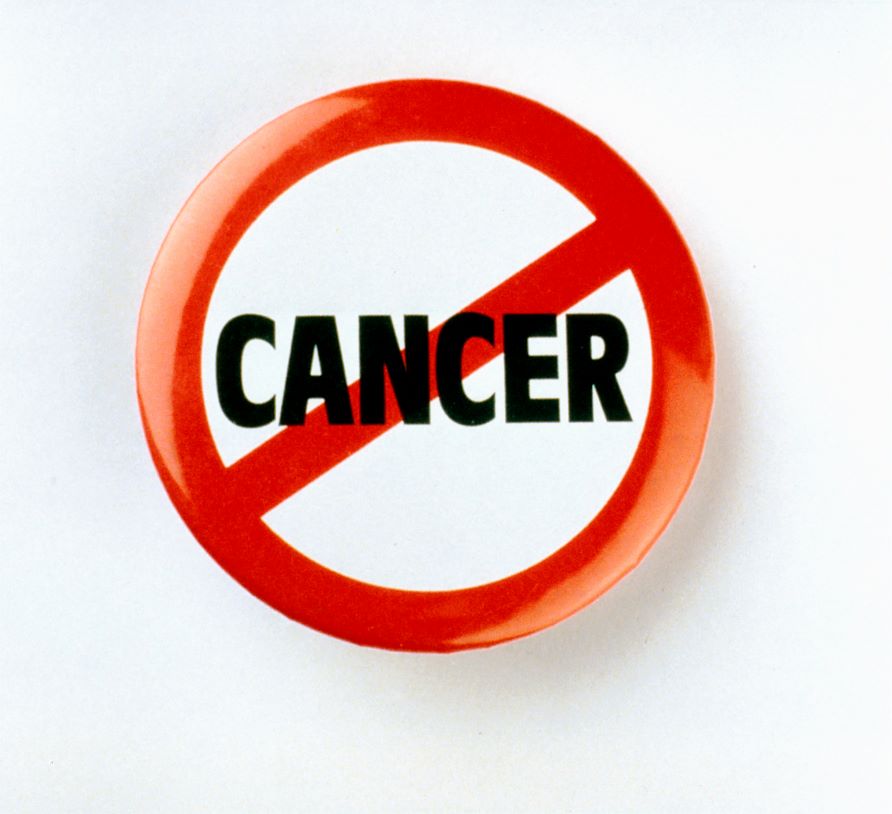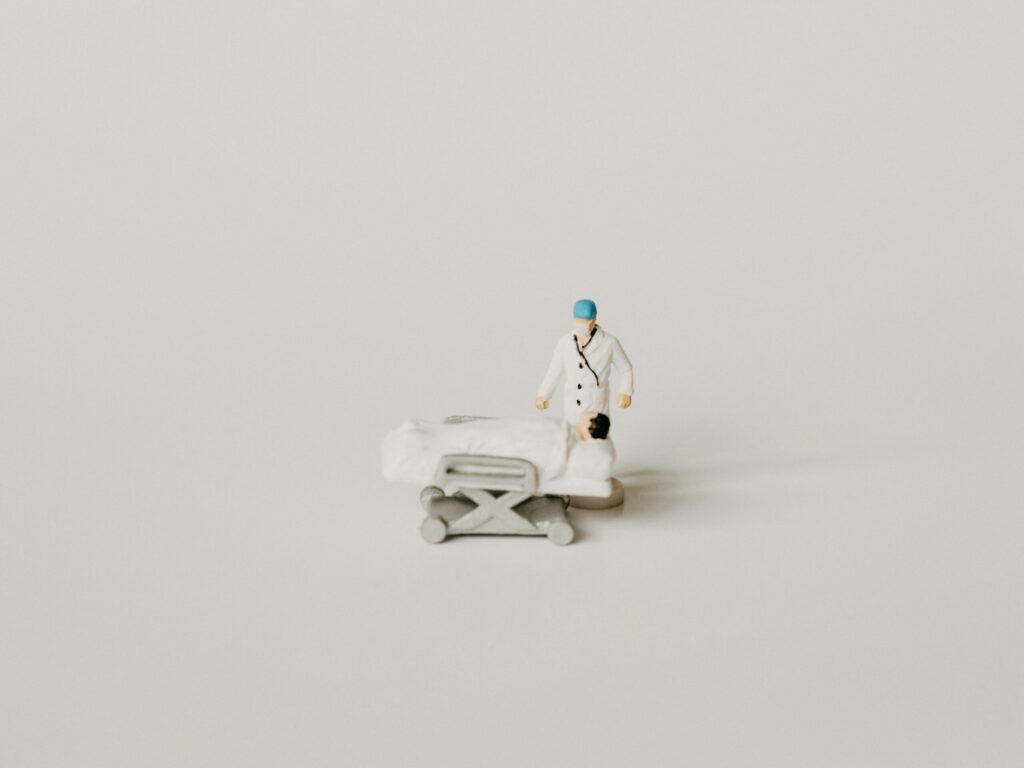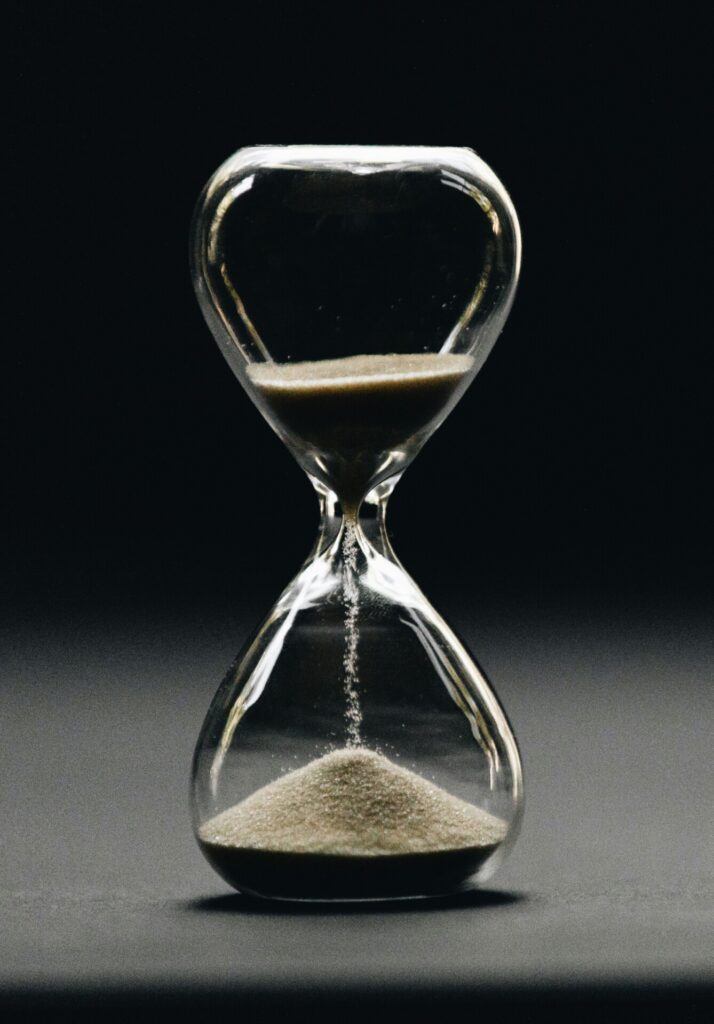Benign Prostatic Hyperplasia (BPH, or an enlarged prostate) is a condition that often develops with age. While we don't know exactly why you may develop this condition, we do know that supporting your prostate health could help prevent symptoms like urgent urination or waking in the night to pee. But can drinking tea for prostate health prevent BPH? Check out the science on this topic, below.

Green Tea for Prostate: What the Research Says
There are several studies that suggest drinking green tea could help prevent prostate cancer. But BPH is not a cancerous condition. And this study examining the effects of green tea on Prostate-Specific antigens (PSA levels, which can indicate BPH if elevated), they discovered that sipping this tea didn't lead to a noticeable change in their levels.
Even worse? Men who already have BPH could experience worsening symptoms if they drink caffeinated beverages such as black and green tea. So, for that reason, you should not turn to tea for prostate health support. But, if you want to boost your prostate health with diet, check out some winners and losers below.
Lifestyle Measures for BPH
Men who have an enlarged prostate can try incorporating more vegetables and fruits into their diets. You can also turn to high fiber options like oatmeal or brown rice. And add more lean proteins such as chicken breasts and salmon.
Also, while you should steer clear of tea for prostate health, you should also drink more water to help relieve BPH symptoms. You could even add fruit-smoothies to your menu for nutrient-rich liquids.
Finally, you also need to eliminate certain foods from your diet, including red meat, dairy products, spicy foods and foods with elevated sodium levels. Then, if lifestyle measures don’t offer sufficient BPH symptom relief, you can turn to our experts at the Georgia Prostate Institute.
Relieve BPH without Surgery
If you drink tea for your prostate health, you won’t relieve your BPH symptoms; instead, you just might make them worse. Suffering from the lower urinary tract symptoms (LUTS) of an enlarged prostate? Why not consider PAE (prostatic artery embolization). This is a minimally-invasive, non-surgical procedure that relieves BPH symptoms without putting you at risk for erectile dysfunction or incontinence. And it does so without the need for overnight hospital stays or general anesthesia. Wondering if you’re a candidate for PAE in Georgia? Click here to request a consultation today.
If you have an enlarged prostate because of benign prostatic hyperplasia (BPH), your condition is not cancerous. However, if you have prostate cancer, your prostate may still be enlarged, causing the same disruptive lower urinary tract symptoms (LUTS) that men with BPH experience. For that reason, Moffitt Cancer Center experts reveal that having PAE treatment for prostate enlargement before you have radiation for prostate cancer may ease your experience.

What is Prostate Artery Embolization?
Prostatic artery embolization, or PAE, is a medical procedure that reduces blood flow to the artery feeding your prostate. Performed non-surgically, this procedure involves depositing embolic materials in your artery. And our interventional radiologists are able to deposit them there through a catheter that' guided into place by x-ray imaging.
Now, for men with BPH, undergoing PAE treatment for prostate enlargement can provide fast relief from symptoms such as urinary urgency and waking in the night to pass urine. Better yet, it provides relief without the need for surgery or overnight hospital stays, all with a far lower risk of sexual side effects or other serious complications. And now, it turns out that men with prostate cancer may also benefit from undergoing PAE treatment prior to beginning radiation therapy.
Before Cancer Therapy, Consider PAE Treatment for Prostate Prior
Interventional radiologist Dr. Nainesh Parikh, assistant chief medical officer at Moffitt Cancer Center, says patients who have PAE before undergoing radiation for prostate cancer could shorten the course of their treatment. Plus, their LUTS symptoms should improve while their prostate size reduces, potentially reducing the number of radiation treatments needed. He also expressed to the BackTable Podcast that, in the future, men receiving other forms of treatment for prostate cancer, along with men experiencing prostatitis or chronic pelvic pain after radiation therapy, may also benefit from PAE.
Choosing PAE in Georgia
If you have BPH or prostate cancer, you can choose this medical procedure for symptom relief and to non-surgically shrink your prostate. Want to see if you're a candidate for PAE? Click here to request an appointment at the Georgia Prostate Institute today!
Many men with enlarged prostates worry about cancer. And when King Charles entered the hospital to treat his BPH, only to get released with a cancer diagnosis, that didn't help matters. However, for most men, an enlarged prostate and cancer are two completely separate diagnoses.

Understanding BPH
An enlarged prostate is also referred to as benign prostatic hyperplasia, because it growth of the prostate gland results from non-cancerous causes.
However, while the condition is benign, it is not harmless. In fact, many men with BPH experience uncomfortable symptoms affecting the lower urinary tract, leading them to seek relief through lifestyle interventions, medication, surgery or minimally invasive procedures like prostatic artery embolization in Georgia.
Can an enlarged prostate mean cancer?
The National Cancer Institute, explains that BPH symptoms such as the urgent need to pass urine, waking up at night to urinate, or dealing with reduced urinary can mimic those of prostate cancer. However, while it is possible to have both conditions at the same time, simply having BPH does not increase your risk for prostate cancer.
In spite of this fact, men who suffer from an enlarged prostate often experience severe symptoms that take a serious toll on quality of life. What's more? If you treat BPH and relieve your symptoms, you could ain clarity about additional health concerns that could be hiding behind your enlarged prostate.
Ready to relieve intrusive BPH symptoms without surgery or overnight hospital stays? Click here to request an appointment at the Georgia Prostate Institute. Together, we can decide if PAE in Georgia is your best pathway to relief!
If you have benign prostatic hyperplasia (BPH) following a diet for enlarged prostate can help with symptom management. Of course, the only way to find lasting relief is to seek treatment that shrinks your prostate. But, if you're still researching treatment options, try making the following changes to your diet in order to improve your quality of life.

What's the Best Diet for Enlarged Prostate?
If you're experiencing BPH symptoms such as urinary frequency and difficulty with urinary flow, one of the best ways to relieve these lower urinary tract symptoms (LUTS) is with a medical procedure such as prostatic artery embolization procedure.
Including certain foods, while removing others, may help improve symptoms, especially those of urgency and night-time waking to urinate. Be sure to:
- Avoid high fat foods
- Eat more and many different vegetables
- Add lots of citrus and other fruits to your daily routine
- Incorporate more lean proteins like fish and poultry
Manage BPH with Other Lifestyle Measures
Aside from following a diet for enlarged prostate, there are other little changes you can make to relieve some of your BPH symptoms. Make sure to lose weight if you're above a healthy number, and, regardless of your weight, try exercising at a moderate to vigorous level, most days of the week.
Next, cut back on caffeine and alcohol, since both increase the need to urinate. And avoid drinking anything within a few hours of bedtime to reduce middle of the night wakings. Finally, if you're looking for more lasting relief from BPH, Click here to request an appointment at the Georgia Prostate Institute. Together, we'll discover if you are a candidate for PAE!
Diet plays a crucial role in managing an enlarged prostate (benign prostatic hyperplasia or BPH). Certain foods might worsen symptoms or contribute to prostate enlargement.
An enlarged prostate diet emphasizes consuming more fruits, vegetables, and fiber-rich foods while reducing items that can exacerbate symptoms. Professional advice is crucial for personalized dietary recommendations.
Dietary adjustments focusing on nutrient-rich foods while limiting those that can worsen symptoms may positively impact prostate health.
If you or a loved one are living with an enlarged prostate, your diet is vital to your overall health. Continue reading to learn about important prostate diet tips, including ten foods to avoid with BPH below.

The Ten Worst Foods for Prostate Health
Maintaining prostate health involves making informed dietary choices. Certain foods may worsen prostate-related symptoms or contribute to prostate enlargement.
Here are ten foods to avoid if you have an enlarged prostate:
- Red Meat: High consumption of red meat, particularly processed meats, may negatively impact prostate health.
- Dairy Products: Excessive dairy intake, especially high-fat options, might affect prostate health.
- Caffeine: Overconsumption of caffeine from coffee, tea, or energy drinks could irritate the bladder, worsening urinary symptoms related to an enlarged prostate.
- Alcohol: Excessive consumption of beer and spirits can irritate the bladder, exacerbating urinary symptoms associated with an enlarged prostate.
- Spicy Foods: Spicy meals and excessive spices might aggravate the urinary tract, potentially worsening symptoms.
- High-Sodium Foods: Foods rich in sodium, like processed or canned items, could lead to fluid retention, impacting urinary function.
- Sugar and Artificial Sweeteners: Too much sugar and artificial sweeteners may contribute to inflammation, affecting prostate health.
- High Oxalate Foods: Items high in oxalates, such as spinach and nuts, could increase the risk of kidney stones, affecting urinary flow.
- Fried Foods: Foods high in fat or fried in oil might negatively impact overall health and worsen prostate symptoms.
- Saturated Fats: Foods containing saturated fats, such as fast food or certain oils, might impact prostate health and should be consumed in moderation.
Understanding the impact of these foods can assist in making dietary adjustments for better prostate health. Always seek professional guidance for personalized nutritional recommendations.
A Sample Diet for Enlarged Prostate
Creating a diet that supports prostate health involves incorporating beneficial foods while avoiding those that may exacerbate symptoms. Here's a sample meal plan:
Breakfast
- Oatmeal: Rich in fiber, oats can help regulate bowel movements and promote digestive health.
- Berries: Blueberries, strawberries, or raspberries offer antioxidants that benefit overall health.
- Almonds: A handful of almonds provides healthy fats and nutrients.
Mid-Morning Snack Options
- Greek Yogurt: Low-fat Greek yogurt contains probiotics and protein beneficial for gut health.
- Mixed Nuts: A handful of mixed nuts, such as almonds, walnuts, or pistachios, provides healthy fats and nutrients for overall health.
- Fruit Smoothie: Blend mixed berries, a banana, low-fat yogurt, and a splash of almond milk for a refreshing and nutritious mid-morning snack packed with vitamins and antioxidants.
Lunch
- Salmon: High in omega-3 fatty acids, salmon supports heart and prostate health.
- Leafy Greens: Spinach, kale, or Swiss chard offer vitamins and antioxidants.
- Brown Rice: A serving of brown rice provides fiber and essential nutrients.
Afternoon Snack Options
- Carrots and Hummus: Carrots offer beta-carotene, while hummus provides protein and healthy fats.
- Celery with Peanut Butter: Crunchy celery and peanut butter offers a satisfying snack rich in fiber, protein, and healthy fats.
- Whole Grain Crackers with Cottage Cheese: Whole grain crackers served with cottage cheese balance protein and carbohydrates, promoting a feeling of fullness, and offering essential nutrients.
Dinner
- Grilled Chicken Breast: Lean protein from chicken supports muscle health.
- Quinoa: A nutritious grain rich in protein and fiber.
- Steamed Broccoli: Provides vitamins, antioxidants, and fiber.
Evening Snack Options
- Apple Slices with Peanut Butter: Apples offer fiber, while peanut butter provides protein and healthy fats.
- Yogurt Parfait: Layer low-fat yogurt with granola and fresh berries for a delightful and nutritious evening snack rich in probiotics, fiber, and antioxidants.
- Rice Cakes with Avocado: Top rice cakes with sliced avocado for a simple and satisfying snack providing healthy fats and essential nutrients.
Always consult with a healthcare professional before starting a new diet to ensure the foods you plan to consume are beneficial to your health.
Tips for an Enlarged Prostate Diet
Creating a well-balanced diet with nutrient-rich foods can improve prostate health and overall well-being. Along with your PAE treatment, we encourage you to:
- Drink plenty of water throughout the day to maintain urinary health.
- Reduce consumption to minimize bladder irritation.
- Control portion sizes and avoid overeating.
- Seek advice from a healthcare professional or a nutritionist for personalized dietary recommendations.
Learn How to Reduce Prostate Enlargement with Diet in Georgia
Discovering the right dietary approach for managing an enlarged prostate is a crucial step toward promoting prostate health.
You can positively impact your well-being by making informed food choices and adopting a balanced diet.
For personalized guidance and further insights into reducing prostate enlargement through diet, reach out to our team at Georgia Prostate Institute in Atlanta. Our experts are here to provide comprehensive support and tailored advice for better prostate health. We also offer non-surgical prostate treatment in Atlanta.
Contact us today to learn more and take proactive steps toward a healthier lifestyle.
Supplements have garnered attention as potential ways to improve prostate health. They aren't meant to replace medical advice or specialized treatment but rather supplement a healthy lifestyle.
If you or a loved one are hoping to improve your prostate health due to an enlarged prostate or any other diagnosis, know that you're not alone in this journey.
At Georgia Prostate Institute in Atlanta, our dedicated team recognizes the significance of prostate health and understands the complexities that come with managing conditions like an enlarged prostate (Benign Prostatic Hyperplasia or BPH).
We're committed to providing comprehensive guidance and support tailored to your unique health needs. If you're navigating concerns about your prostate health, our team is here to help you embark on a proactive path toward improved well-being and prostate health.
Continue reading to learn more about how some supplements may help with overall prostate health but remember that before incorporating any supplement into your routine, consulting a healthcare professional is crucial.

Should I Take Supplements for Prostate Health Improvement?
The short answer is “possibly.”
Deciding to take supplements for prostate health is something you should talk about with your prostate doctor. At Georgia Prostate Institute, our team of providers offer a non-surgical prostate treatment in Atlanta and can help you understand if supplements might be good for you.
What are the Best Supplements for Prostate Health?
Understanding the best supplements for prostate health can help you decide if specific options suit you. Let's explore some natural supplements for prostate health below.
Saw Palmetto for Prostate
Saw palmetto, derived from a palm tree native to the southeastern United States, is one of the most popular herbal supplements for prostate health. Its extract is renowned for possibly alleviating symptoms of an enlarged prostate, including difficulties with starting urination, weak urine flow, and frequent urination, especially at night.
Beta-Sitosterol for Prostate
Beta-sitosterol, a plant-derived compound found in various foods, has emerged as a supplement potentially beneficial for prostate health. Some studies indicate its potential to alleviate BPH symptoms, especially in promoting urinary flow and diminishing residual urine volume.
Pygeum For Enlarged Prostate
Pygeum, derived from the African cherry tree's bark, has been traditionally used to alleviate urinary symptoms related to an enlarged prostate. It contains compounds that reduce inflammation, help reduce nighttime urination frequency, and enhance urine flow.
Explore Supplements for an Enlarged Prostate in Georgia
Your prostate health is our top priority at Georgia Prostate Institute in Atlanta.
From offering expert advice on the best supplements for prostate health to recommending and completing minimally-invasive prostate treatment, including prostate artery embolization.
To learn more about the potential benefits of prostate supplements or to get help for enlarged prostate symptoms, we encourage you to contact us today.
Men with benign prostatic hyperplasia (BPH) often seek relief, so they want to shrink an enlarged prostate natural. Now, if you only wish to manage your symptoms of BPH, you can follow lifestyle changes (highlighted below). However, if you actually wish to reduce the size of the enlarged gland, medical interventions will be necessary. Let's explore your options, together, in this post.

Can you Shrink an Enlarged Prostate Naturally?
Only medical intervention will shrink an enlarged prostate. However, there are some lifestyle changes you can make if you want to simply manage some of your disruptive symptoms. (Including urinary frequency, dribbling at the end of a pee, and struggling to start the flow of urine). Even without shrinking your prostate, these lifestyle changes can improve your quality of life.
To help relieve BPH symptoms, you can:
- Avoid drinking for several hours before going to sleep
- Limit caffeine and alcohol intake, since both are diuretics
- Adopt a diet low in fat, but high in fruits and vegetables
- Engage in daily mild to moderate physical activity
- Reach and maintain a healthy weight
Of course, these lifestyle swaps won't reduce the size of a prostate gland that's become enlarged. However, because they can significantly improve your symptom burden, many men consider natural treatment options to be their first line of defense against BPH symptoms.
When to Ask for Help
If lifestyle measures, medications, or other less invasive treatment options can't relieve your BPH symptoms, you can shrink an enlarged prostate with minimally invasive PAE (prostatic artery embolization). When we perform this procedure at the Georgia Prostate Institute, we physically shrink the prostate by cutting off blood flow to the gland. Afterward, men experience significant symptom relief without surgery, anesthesia, hospital stays or sexual side effects.
Do you want to see if you are a candidate for PAE? Our interventional radiologists in Georgia are ready to answer your questions and help you explore your options. Click here to request an appointmenttoday!
Prostatic artery embolization is a non-surgical, FDA-approved procedure that treats Benign Prostatic Hyperplasia (BPH). It relieves lower urinary tract symptoms (LUTS) associated with an enlarged prosate, and it does not result in sexual side effects. But what about the results: how long does prostate artery embolization last? This post will tell you that and more.
What is prostate artery embolization?
PAE is a procedure, performed via catheter and guided imaging, that deposits tiny particles that block blood flow to your prostate. As a result, the enlarged prostate shrinks, and you experience BPH symptom relief. The procedure avoids general anesthesia because it's performed in an outpatient setting, under moderate sedation. PAE typically takes about two hours to complete and you can usually go home on the same day as your procedure, avoiding the discomfort and expense of overnight hospital stays.

How long does prostate artery embolization last when it comes to relief?
Information presented at last year's Society of Interventional Radiology's Annual Scientific Meeting highlighted PAE's lasting efficacy. After following up with 1000 PAE patients in North America, the review found that their LUTS relief lasted as long as six years.
Senior study author Dr. Shivank Bhatia explained "Our study shows that PAE is a highly effective treatment whose long-term outcomes include sustained LUTS relief and significant improvement in quality of life."
And he noted the importance of sharing these results widely, since, "Of 18 million men in the U.S. eligible for BPH treatment, many avoid all treatments because of the widely known risks of surgery, particularly sexual side effects and leakage. PAE avoids these risks while achieving long-term positive clinical outcomes."
Want to learn more about PAE? Click here to request an appointment at the Georgia Prostate Institute. Together, we'll decide if this procedure is right for you!
If you have an enlarged prostate (benign prostatic hyperplasia, or BPH) you might be exploring treatment options. With this condition, you may experience mild to severe lower urinary tract symptoms (LUTS) that can only be relieved with medical intervention or lifestyle modifications. But how much relief can either option provide? And are there health risks you'll face if you don't treat BPH? Here's what you need to know!

What is Benign Prostatic Hyperplasia?
This is a non-cancerous condition characterized by growth of the prostate gland. The enlarged prostate tissue then presses on the urethra, sometimes making it hard to urinate, or making you need to urinate frequently and urgently in other instances.
What other BPH symptoms will you face if you don't treat BPH? Many men notice that the flow of their urine is weak. Others have to wake up all night to pee. And, without treatment, many men face difficulties stopping or starting the flow of urine, along with more frequent urinary tract infections.
Is it Risky if You Don't Treat BPH?
Johns Hopkins University experts warn that avoiding or delaying BPH treatment could lead to bladder thickening; infections; bladder stones; kidney damage; or extensive urinary tract damage. Clearly, avoiding treatment for an enlarged prostate can lead to serious complications. Yet, each year, many men do exactly that. Why is that the case?
Here's the deal. Older treatments for BPH were highly invasive, and often left men dealing with sexual side effects, urinary leakage, and other unpleasant complications. But thanks to medical advancements, you can now treat BPH with Prostatic Artery Embolization (PAE). This is a minimally invasive procedure offered at the Georgia Prostate Institute. By blocking blood flow to the prostatic artery, it shrinks the enlarged gland to provide surgery-free symptom relief.
Do you want to learn more about PAE and see if you're a good candidate for this minimally invasive procedure? Click here to request an appointment at the Georgia Prostate Institute. When you come in, we'll help you find relief from BPH without surgery or overnight hospital stays!
While Princess Kate recovers from stomach surgery, King Charles is heading into hospital for benign prostate hyperplasia treatment. This condition is also called BPH, or an enlarged prostate. King Charles eagerly shared his health updates with the public, in the name of transparency. But his announcement left us pondering why the King of England would choose a procedure that requires hospitalization when you can treat BPH without staying overnight in the hospital by choosing minimally invasive Prostate Artery Embolization (PAE)!

Causes of an enlarged prostate
Men develop BPH due to accelerated prostate cell growth that leads to an increase in gland size. When that happens, your prostate starts to press on the urethra, and that leads to painful and unpleasant urinary tract symptoms.
Now, no one knows exactly why the growth of prostate cells accelerates. But there appears to be a link to increased dihydrotestosterone (DHT) production. With age, men's DHT levels rise, making BPH a common problem after your turn 60. And, clocking in at 75, King Charles is in the prime age group for seeking enlarged prostate treatment.
What are the Options for Enlarged Prostate Treatment?
When they aren't severe, you can manage BPH symptoms with lifestyle changes or medication. But if you don't find relief with these options, you have two choices: surgery or PAE. Today, many men prefer to choose PAE, the less invasive option, because it offers similar relief, but causes fewer side effects, and allows you to avoid general anesthesia and overnight hospital stays!
PAE in Georgia
Using catheter-based technology, PAE involves making a small incision in the groin or wrist; in contrast, surgical removal of your prostate involves a larger incision. Also, rather than remove your gland, PAE simply blocks blood flow to the prostate, allowing it to shrink and relieve your urinary tract symptoms.
The result? PAE offers a less traumatic enlarged prostate treatment option, with a reduced risk for sexual side effects and a shorter recovery period. Ready to see if you're a candidate for PAE? Click here to request an appointment[/ga-app-link] at the Georgia Prostate Institute.






